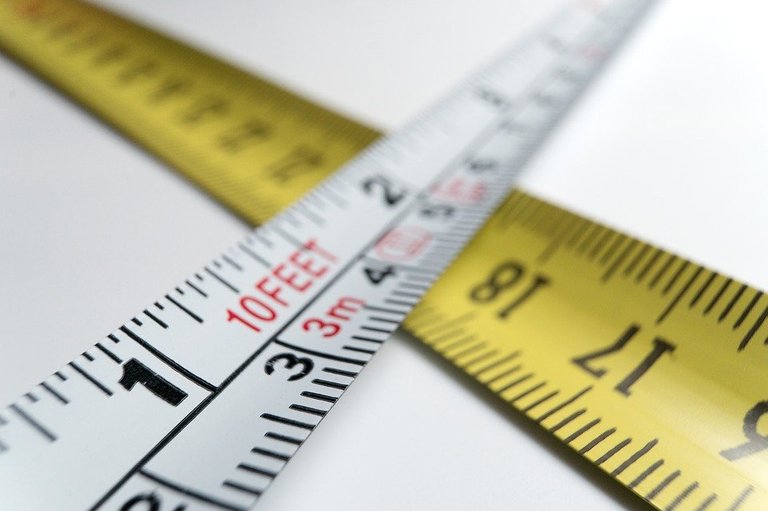Basic Measurement Conversions For Kids
Hello. In this math education post, I go over basic measurement conversions for young students. It is assumed that the student is comfortable with multiplication and division.
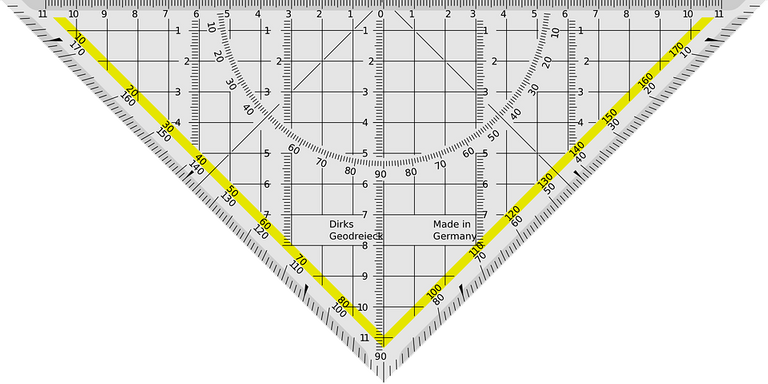
Topics
- Distance
- Time
- Mass & Weight
- Volume & Measuring Liquids
- Other Measurement Conversions
Distance
One of the most common tools for young students when it comes to measuring the length of an object is a ruler. Distance is a number/quantity which represents how long or wide an object is. We go over common measurement conversions when it comes to distance.
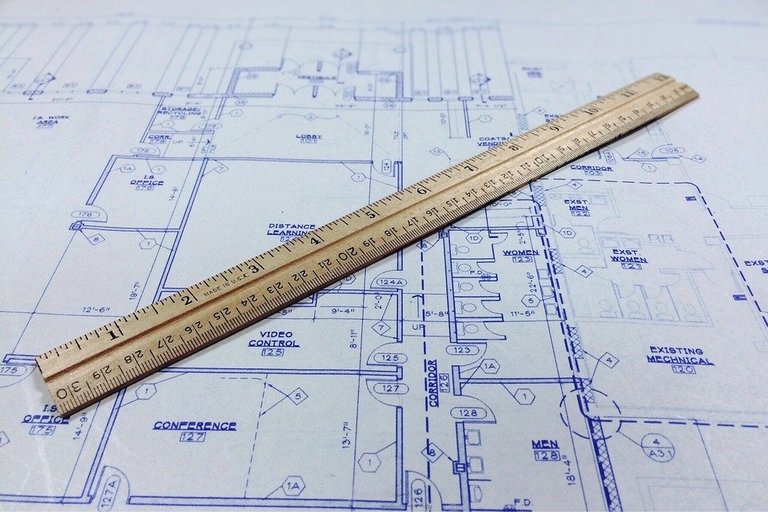
A common small unit of measurement is the millimetre or mm for short. The unit of measurement that is just larger than a millimetre is a centimetre (cm). One centimetre is equal to 10 millimetres. An example of something that measures one centimetre is an eraser tip from a pencil.
After the centimetre, the metre is the next larger common unit (m). One metre is the same as 100 centimetres or 1000 millimetres.
The next common unit for distance after metre is the kilometre (km). Kilometres are often seen on highways. One kilometre is 1000 metres.
In summary, we have these conversions.
| 1 cm | 10 mm |
| 1 m | 100 cm |
| 1 km | 1000 m |
Practice Problems
Complete the following conversions.
2 cm = ?? mm
3 m = ?? cm
5 km = ?? m
10 m = ?? cm
1 m = ?? mm
1 km = ?? cm
500 cm = ?? m
10000 metres = ?? km
Answers To Practice Problems
2 cm = 20 mm
3 m = 300 cm
5 km = 5000 m
10 m = 1000 cm
1 m = 1000 mm
1 km = 100 000 cm
500 cm = 5 m
10000 metres = 10 km
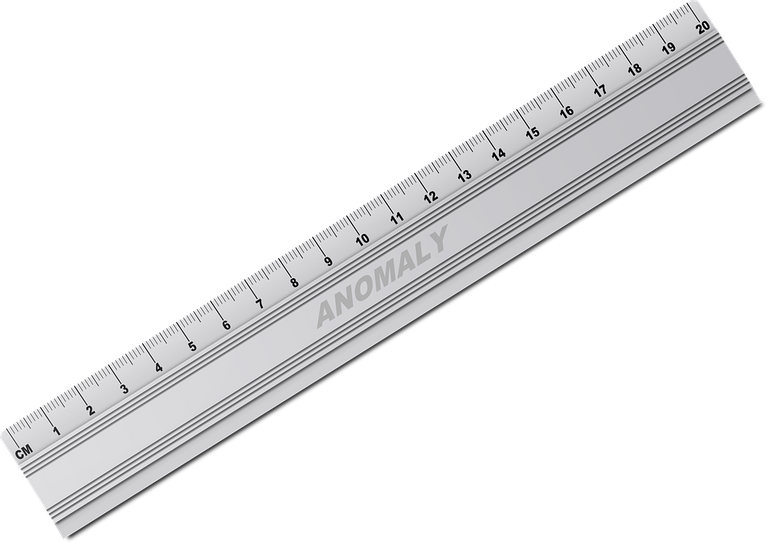
Time
Time is a measure of how long an event takes from start to end. It can also represent a moment during a day. We focus more on the duration part.
The smallest common unit for time is the second (s). After the second, the next common unit for time is the minute (m). One minute is equal to 60 seconds.
The hour is the next largest common unit for time where one hour is equal to 60 minutes.
| 1 minute | 60 seconds |
| 1 hour | 60 minutes |
Days, Weeks, Months & Years
We can go beyond minutes and deal with days, weeks, months and years. One day is equal to 24 hours.
After days we have weeks where one week is 7 days. The days of the week are Monday, Tuesday, Wednesday, Thursday, Friday, Saturday and Sunday.
When it comes to months there is no set amount of days nor weeks for each month. Each month of the year has its own number of days.
After the month, we have years where one year is 12 months or 365 days a year. Every four years we have a leap year where there are 366 days a year because the month of February has 29 days instead of 28 days.
Practice Problems
Complete the following conversions.
2 Minutes = ?? Seconds
3 Hours = ?? Minutes
Two Days = ?? Hours
Five Weeks = ?? Days
Two Years (No Leap Year) == ?? Days
One Hour = ?? Seconds
Five Hours = ?? Seconds
One Week = ?? Hours
120 Minutes = ?? Hours
300 seconds = ?? Minutes
Answers To Practice Problems
2 Minutes =
120Seconds3 Hours =
180MinutesTwo Days =
48HoursFive Weeks =
35DaysTwo Years (No Leap Year) ==
730DaysOne Hour =
3600SecondsFive Hours =
18000SecondsOne Week =
168Hours120 Minutes =
2Hours300 seconds =
5Minutes
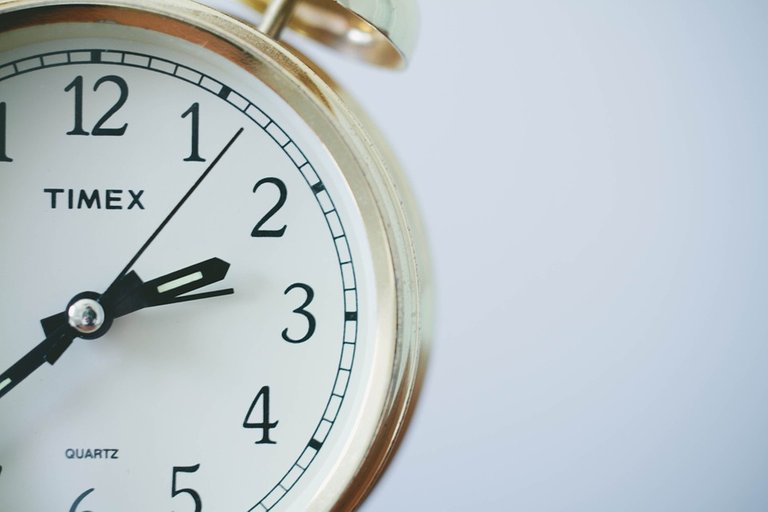
Mass & Weight
Mass refers to how heavy an object is. Weight is confused with mass sometimes on a more technical level. (Mass is the amount of matter in an object while weight is a force an object exerts due to gravity.) For simplicity here consider mass and weight "the same".
Grams & Kilograms
One of the most common small units for weighing something is grams (g). A lot of packaged foods in bags come in grams. An example of an item that weighs one gram is a paper clip.
Heavier items tend to come in kilograms (kg). One kilogram is equal to 1000 grams.
Ounces & Pounds
The terms ounce (oz) and pounds (lb) are used too for describing how much an object weighs. One ounce is about 28.35 grams and one pound is 453.59 grams.
Relating ounces and pounds to each other, one pound is 16 ounces.
Practice Problems
Complete the following conversions.
2000 g = ?? kg
5 pounds = ?? ounces
5 kilograms = ?? grams
8 ounces = ?? pounds
20000 grams = ?? kilograms
10 pounds = ?? ounces
Answers To Practice Problems
2000 g =
2kg5 pounds =
80ounces5 kilograms =
5000grams8 ounces = half a pound
20000 grams =
20kilograms10 pounds =
160ounces
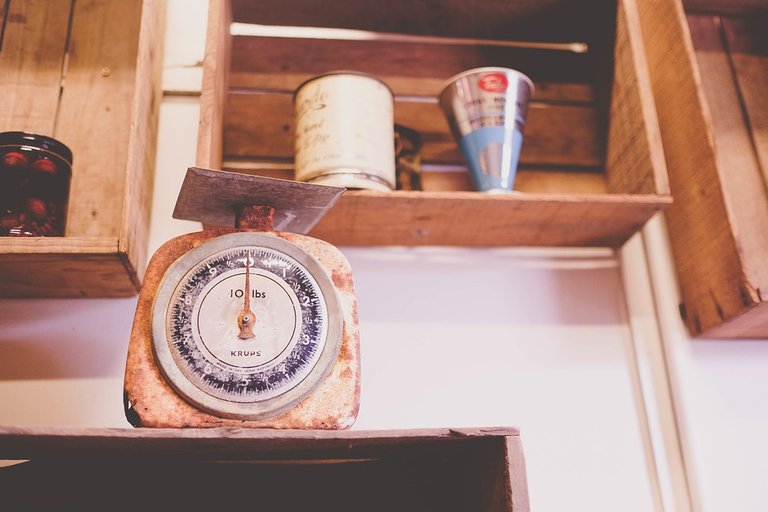
Volume & Measuring Liquids
Volume refers to how much space there is inside an object. It a lot of cases volume refers to liquids in a cup or container and not so much about gases.
Here are some common conversions when it comes to volume and liquids.
- One litre (L) = 1000 millilitres (ml)
- One cup (US) = 236.58 millilitres
- One quart = 946.35 millilitres
- One quart = 4 cups
Practice Problems
Convert the following.
2 litres = ?? ml
4 quarts = ?? Cups
500 millilitres = ?? litres
12 Litres = ?? millilitres
Answers To Practice Problems
2 litres = 2000 ml
4 quarts = 16 Cups
500 millilitres = 0.5 litres
12 Litres = 1200 millilitres
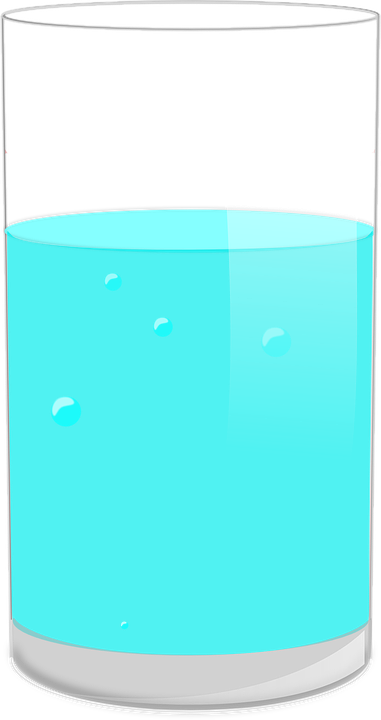
Other Measurement Conversions
There are other measurement conversions out there. Here are a couple:
- One inch is 2.54 centimetres.
- One foot is 12 inches,
- One hectare is 10 000 square metres
- One Gallon is 4.54609 Litres or 4546.09 millilitres.
- A metric ton is 1000 kilograms.
- A fortnight (not the video game) is two weeks.
- One stone is 14 pounds.
